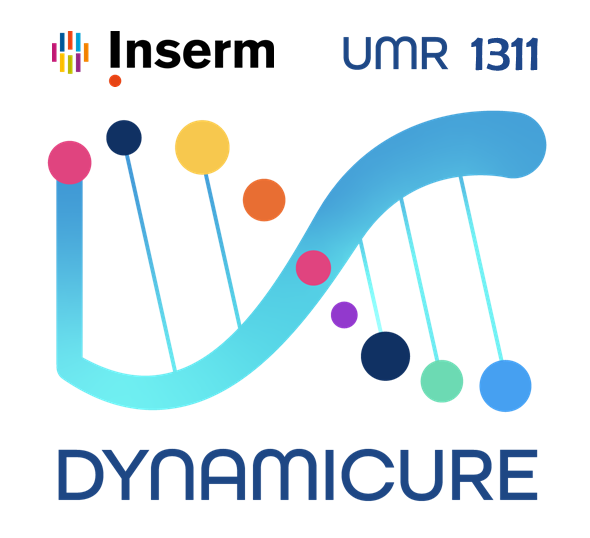 IRIB Normandy Rouen / Institute for Research and Innovation in Biomedicine
IRIB Normandy Rouen / Institute for Research and Innovation in Biomedicine Research and Services Laboratories
Research and Services Laboratories 
UMR1311 - Dynamicure - Dynamique microbienne associée aux Infections Urinaires et Respiratoires
Head: Jean-Christophe PLANTIER
Affiliations: Rouen Normandie University, Ministry of Education and Research
 Contact
Contact22 Boulevard Gambetta
76183 Rouen Cedex
Phone: +33 235 14 8452
 Composition
Composition- 6 teacher-researchers and 4 hospital practitioners (PhD)
- 1 engineer
- 7 PhD students
 Facilities
Facilities- BSL-3
- Laboratory associated with the National Reference Center for HIV
- Laboratory collaborating with the National Reference Center for anaerobes (Clostridium difficile)
- Viral genome sequencing. Elisa technology and platform. Cloning and expression of bacterial proteins. Site-directed mutagenesis.
- In vitro and animal models of infection
 Activity
ActivityThis unit gathers microbiologists, and infectious disease specialists from the University of Rouen. The group is conducting research both in vitro, in animal models of experimental infection, and humans.
Microbial resistance, selected by therapies or aided by the natural genetic diversity, is a major public health problem and led the research group to develop three themes:
- The virological team focuses its activity on the genetic diversity of HIV and its consequences, by studying the impact of the genetic diversity of rare variants of HIV-1 group O and the new group P (discovered by the group) on antiretrovirals agents susceptibility in vitro and in vivo, and by studying the genetic and phenotypic evolution of HIV-1 group O by recombination with pandemic viruses of HIV-1 group M.
- The bacteriological team studies the functions of autolysins of Staphylococcus lugdunensis and Clostridium difficile in term of bacterial growth (role in cell division), virulence (adherence to host cells and foreign devices, production of biofilm, pro-inflammatory effect of the peptidoglycan cleavage products), and bactericidal activity (tolerance to cell-wall-active antibiotics).
- The clinician team develops studies on urinary tract infections difficult-to-treat because of anatomic localization (prostatitis), presence of a catheter (that promotes biofilm formation) or multi-drug resistance. The team also works on emerging infectious diseases (regional outbreak of invasive meningococcal infections).
For all these studies, the unit has developed many national and international cooperations (particularly with the French National Reference Centers dedicated to the infectious agents studied).
 Main contributions
Main contributions- Development of molecular tools for the detection and analysis of dual infections HIV-1 M + HIV-O and associated recombinants forms.
- Development of molecular techniques for complete genome characterization, study of viral quasi-species, and of phenotypic tools for analysis of the virologic properties of HIV-1 groups O and P variants.
- Study of the involvement of autolysins of Staphylococcus lugdunensis and Clostridium difficile and their regulation systems in bacterial growth, virulence (adhesion properties of autolysins) and bactericidal activity or tolerance to antibiotics.
- Development of a rabbit model of catheter associated urinary tract infection that allow to explore in vivo the mechanisms of bacterial persistence in biofilm.
- Contribution to the investigation and the control of a Neisseria meningitidis outbreak.
 Latest publications
Latest publications2014
- . Antibiotic treatment of acute uncomplicated cystitis based on rapid urine test and local epidemiology: lessons from a primary care series. BMC Infect Dis 2014, 14: 137.
24612927 - . The major autolysin of Staphylococcus lugdunensis, AtlL, is involved in cell separation, stress-induced autolysis and contributes to bacterial pathogenesis. FEMS Microbiol Lett 2014, 352: 78-86.
24393327
2013
- . Impact of MenBvac, an outer membrane vesicle (OMV) vaccine, on the meningococcal carriage. Vaccine 2013, 31: 4416-20.
23856330 - . Characterization of the SigD regulon of C. difficile and its positive control of toxin production through the regulation of tcdR. PLoS One 2013, 8: e83748.
24358307 - . Characterization of CRF56_cpx, a new circulating B/CRF02/G recombinant form identified in MSM in France. AIDS 2013, 27: 2309-12.
24157908 - . Non-M variants of human immunodeficiency virus type 1. Clin Microbiol Rev 2013, 26: 448-61.
23824367
2012
- . Evolution of immune response against Neisseria meningitidis B:14:P1.7,16 before and after the outer membrane vesicle vaccine MenBvac. Vaccine 2012, 30: 5059-62.
22658929 - . Multilocus sequence typing analysis of Staphylococcus lugdunensis implies a clonal population structure. J Clin Microbiol 2012, 50: 3003-9.
22785196
2011
IRIB Normandy Rouen
22 Boulevard Gambetta
76183 ROUEN Cedex
France
Direction :
contact@irib-normandy.fr
Secretariat :
secretariat@irib-normandy.fr
M'INSCRIRE à LA Newsletter
Accessibilité : non conforme